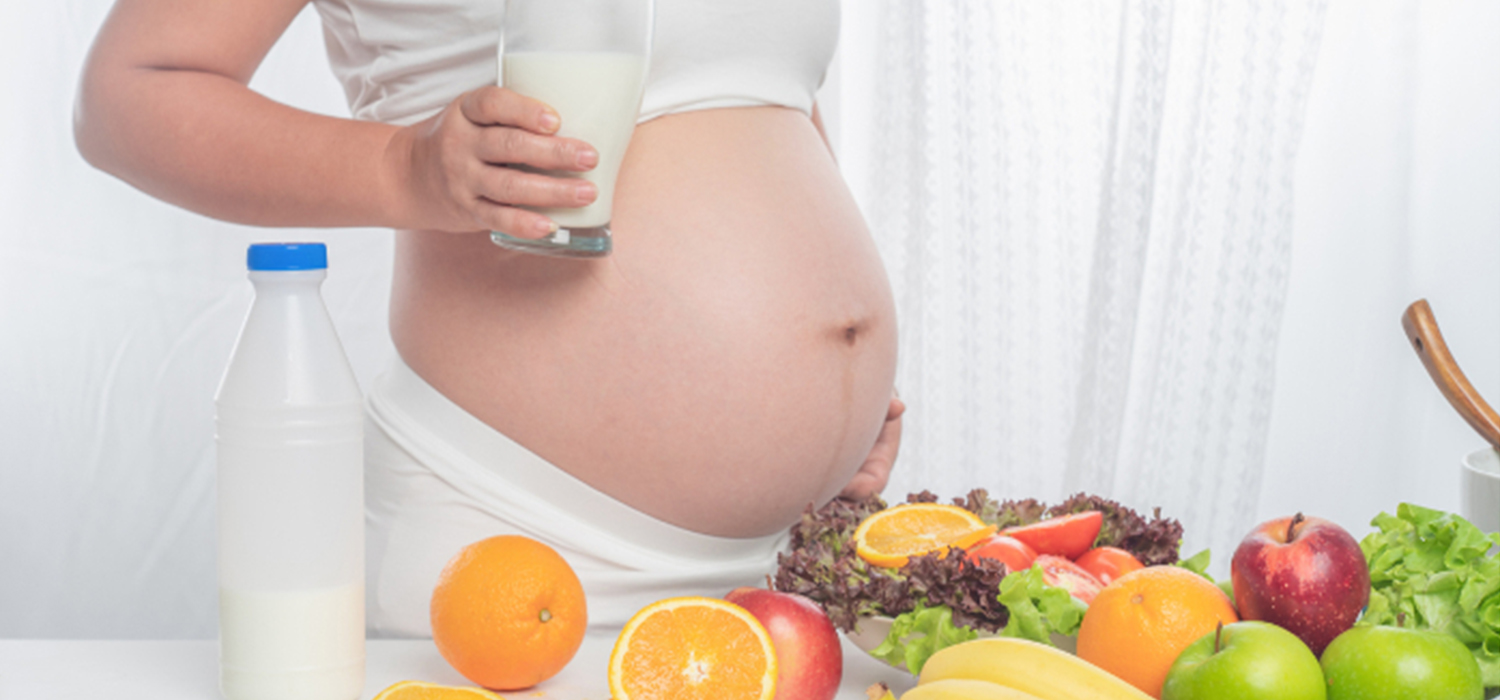Folic Acid: A Must-Have during Pregnancy
"An adequate intake of folic acid is not only important for a healthy pregnancy, but it also plays a crucial role in laying the foundation for a lifetime of good health for your child."
Folic acid is a B-vitamin that plays a critical role in pregnancy. Its role is essential because it helps to prevent serious birth defects in the developing fetus. Folic acid is crucial in the early stages of pregnancy because it helps to form the neural tube, which develops into the baby's brain and spinal cord. If the neural tube does not form properly, it can result in serious neural tube defects, such as spina bifida. Besides, helping form the neural tube, folic acid is also essential in the production of red blood cells. During pregnancy, a woman's body needs additional red blood cells to nourish the growing fetus. This increased red blood cell production is made possible by folic acid, which helps avoid anemia during pregnancy.
It's crucial to get adequate folate both before and during pregnancy, to ensure that their baby develops properly. This is because folic acid is essential for embryonic growth, especially in the early stages when it comes to the spinal cord. The recommended daily intake of folic acid during pregnancy is 600-800 micrograms per day. Many prenatal vitamins contain folic acid, but it's also found naturally in foods such as leafy green vegetables, beans, citrus fruits, and fortified grains.
Did you Know???
Folic acid supplementation was found to reduce the risk of NTDs by 50-70%.
The role of folic acid in pregnancy has been studied extensively for several decades. Folic acid is a B-vitamin that is important for the development of a healthy fetus. Furthermore, folic acid supplementation during pregnancy has been linked to a lower risk of preterm birth and low birth weight.
Timeline of discoveries: Folic acid in Pregnancy Diet
- • 1930: Researchers discovered that a lack of folic acid in the diet of pregnant women was associated with an increased risk of birth defects in the baby.
- • 1960: It was discovered that a lack of folic acid in the diet of pregnant women was associated with an increased risk of birth defects in the baby
- • 1992: US Public Health Service recommends that all women of childbearing age consume 0.4 mg of folic acid daily to prevent NTDs.
- • 1998: Food and Drug Administration (FDA) mandated that all enriched cereal grain products be fortified with folic acid to help ensure that women of childbearing age get enough folic acid in their diets.
Since then, many countries have implemented mandatory folic acid fortification programs, resulting in a significant reduction in the incidence of NTDs.
The history of the role of folic acid in pregnancy has been marked by a growing understanding of its importance in preventing birth defects and the implementation of public health policies aimed at ensuring that women of childbearing age get enough folic acid in their diets.

Lucy Wills, whose role was instrumental in the discovery of folic acid.
Importance of folic acid in pregnancy
- • Helps prevent serious birth defects, such as neural tube defects
- • Supports the healthy development of the baby's brain and spinal cord
- • Helps reduce the risk of preterm birth and low birth weight
- • Helps prevent anemia during pregnancy
- • As neural tube abnormalities can happen in the first few weeks of pregnancy, frequently before a woman even realizes she is pregnant, it is crucial to get enough folic acid before becoming pregnant.
Is folic acid important only during pregnancy?
While folic acid is especially important during pregnancy, but it is also essential for everyone, regardless of age or gender. It is important for the proper functioning of cells, the production and maintenance of new cells, and the synthesis of DNA and other genetic material. Folic acid has also been shown to support cardiovascular health, cognitive function, and immune system function. In fact, even if a woman is not intent on getting pregnant, it is advised that she take a daily dose of 400–800 mcg of folic acid.
By making folic acid a part of our daily routine, we can help ensure healthy development for ourselves and our loved ones, both during pregnancy and beyond.
For more info, Follow : medlineacademics.com
